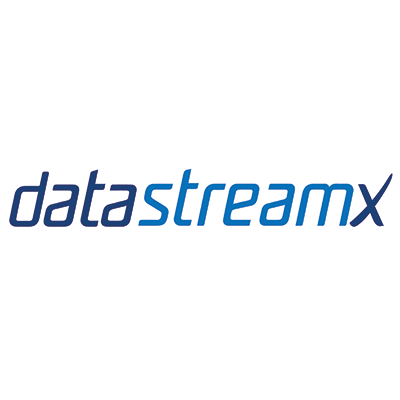Frequently Asked Questions
What type of roles exist in a DEX, and what Skills are required for those roles?
In a decentralized exchange (DEX), the most common job roles are:
- Development: Building and maintaining the DEX platform, creating smart contracts, and developing the user interface. Skills required include solidity programming, blockchain development, and experience with web development technologies.
- Operations: Overseeing the day-to-day running of the DEX, ensuring its security, and performing routine maintenance tasks. Skills required include experience with server administration, network security, and DevOps.
- Marketing: Growing the DEX's user base and community, managing social media accounts, and creating promotional content. Skills required include digital marketing, community management, and content creation.
- Design: Creating visual assets and user interfaces that are both aesthetically pleasing and functional. Skills required include graphic design, UI/UX design, and experience with design software.
- Research and analysis: Conducting market research and analysis, identifying trends and opportunities, and providing recommendations to the DEX's management. Skills required include financial analysis, market research, and data analysis.
These are just a few of the most common roles in a DEX, and the specific skills required will vary depending on the DEX and the job.
How much can I make working for a DEX?
The amount you can make working for a decentralized exchange (DEX) will vary depending on your role, experience, and the specific DEX you work for. Some common roles in a DEX include software developers, smart contract developers, product managers, and market analysts, among others.
For entry-level positions, salaries can range from $50,000 to $100,000 per year, while more senior positions may earn upwards of $150,000 or more. Keep in mind that the crypto and web3 industries are rapidly evolving, and compensation levels can change quickly.
It's also important to note that compensation in the crypto and web3 industries can be complex, with many companies offering a combination of cash compensation and equity. Be sure to consider all aspects of a compensation package, including equity, when evaluating job offers.
What are the differences between working for a DEX and working for a CEX?
Working for a Decentralized Exchange (DEX) and working for a Centralized Exchange (CEX) can have several differences in terms of work responsibilities, compensation, and overall company culture. Here are some of the key differences:
- Work Responsibilities: A DEX focuses on providing a decentralized platform for trading cryptocurrencies and other digital assets, while a CEX is a centralized platform for the same. As a result, DEX roles may require more expertise in blockchain technology, security protocols, and smart contract development. On the other hand, CEX roles may focus more on customer support, marketing, and traditional financial operations.
- Compensation: The compensation for DEX and CEX roles can vary depending on the company, but in general, DEX roles may offer higher salaries due to the technical nature of the work.
- Company Culture: A DEX is a decentralized platform, which means it may have a more autonomous, community-driven culture. CEXs are typically more centralized, and may have a more traditional corporate culture.
Ultimately, the decision of whether to work for a DEX or a CEX will depend on an individual's career goals, technical background, and personal preferences.












































